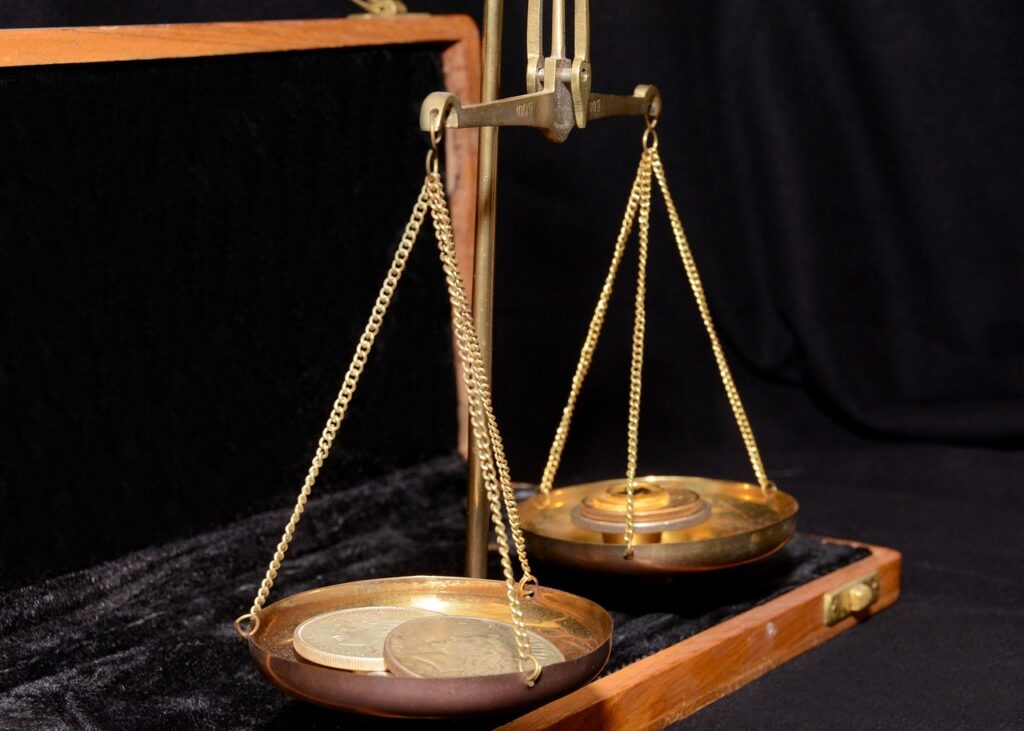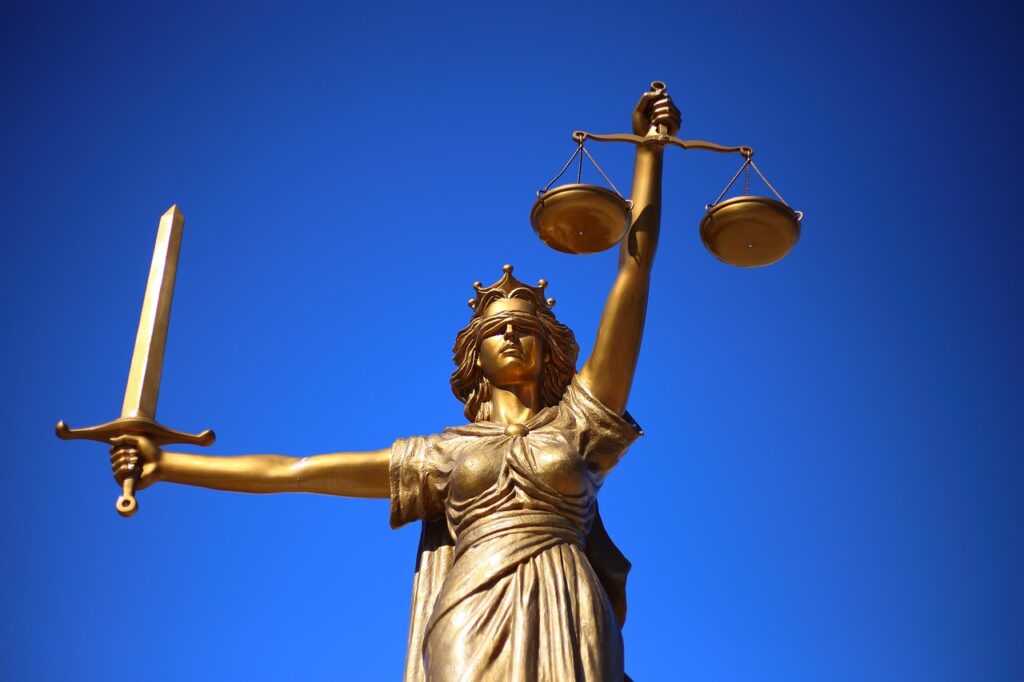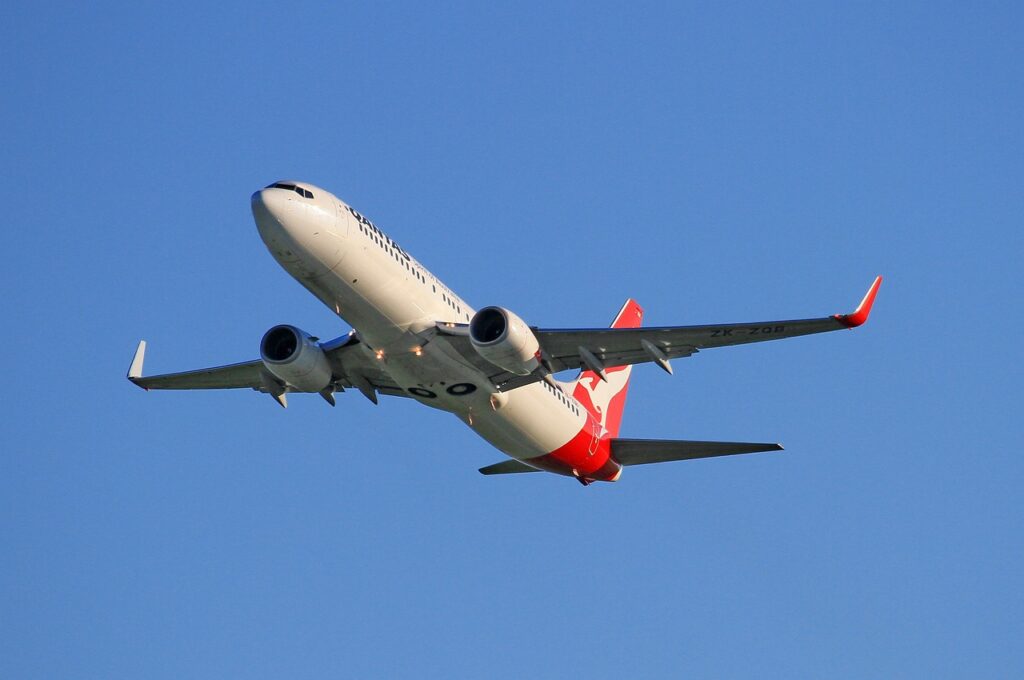In January 2024, an Alaska Airlines flight experienced a terrifying incident: an emergency exit door flew off mid-flight. This shocking event reignited public concern about Boeing’s safety protocols and prompted the Department of Justice (DOJ) to launch a criminal investigation into the aerospace giant. For many, this felt like déjà vu.
Boeing has been in the hot seat before, especially after the 737 MAX disasters in 2018 and 2019, which resulted in the tragic deaths of hundreds of passengers. The company’s history of cutting corners on safety and retaliating against whistleblowers has led Boeing to face the DOJ again. This time, however, the stakes feel different. The question remains: is this the reckoning that Boeing deserves, or is it just another moment in a seemingly endless cycle of corporate wrongdoing?
A History of Red Flags and Silenced Whistleblowers
It would be convenient to treat the Alaska Airlines incident as an isolated failure, but for Boeing, these problems run much deeper. They are the culmination of years of ignoring safety concerns, rushing production, and silencing employees who dared to raise their voices. This recklessness became alarmingly clear during the 737 MAX crashes, which claimed the lives of 346 people in Indonesia and Ethiopia. Investigations revealed that Boeing had misled airlines and regulators about the aircraft’s safety, prioritizing profit over passenger lives. The consequences were catastrophic, as families were devastated by the loss of loved ones.
Unfortunately, Boeing’s safety failures didn’t stop with the MAX. In the months leading up to Boeing’s current plea deal, whistleblowers within the company continued to report alarming internal safety concerns. One striking case is that of John Barnett, a former Boeing quality control engineer who exposed significant safety flaws in the production process. Tragically, just before Barnett was set to testify against Boeing, he was found dead in his car. The circumstances of his death remain murky.
The shocking event has understandably raised suspicions. After all, Boeing was once forced to admit during a Senate hearing that it had a history of retaliation against whistleblowers. It is rare for a corporate giant like Boeing to admit such wrongdoing. Boeing’s lack of public trust regarding public perception of Barnett’s case extends beyond this individual tragedy. Boeing is, at this point, known in part for its culture of stifling accountability and transparency, sometimes with deadly consequences.
Boeing and the 2021 Deferred Prosecution Agreement
If Boeing’s story feels like a never-ending loop of wrongdoing, that’s because it is. Back in 2021, the DOJ struck a deferred prosecution agreement (DPA) with Boeing following the 737 MAX tragedies. Under this agreement, Boeing agreed to pay billions in fines and implement safety reforms without facing criminal prosecution. This arrangement was a slap on the wrist compared to the lives lost and the systemic failures exposed.

What’s particularly frustrating is that even after signing the DPA, Boeing’s safety culture didn’t improve significantly. The company violated key terms of the agreement. It’s as if Boeing treated the DPA like just another business cost—pay the fines, make a few safety tweaks, and move on. That attitude doesn’t cut it. The DOJ reopened its investigation when these violations came to light in 2024, raising serious questions about Boeing’s commitment to reform and the effectiveness of the DPA framework itself.
The 2024 Plea Deal: A Corporate Giant Admits Fault
By July 2024, Boeing reached a plea deal with the DOJ, agreeing to plead guilty to fraud conspiracy. As part of the deal, Boeing admitted that it misled regulators and airlines, playing a direct role in the catastrophic 737 MAX crashes. The company will pay a $487.2 million fine—the statutory maximum—and invest an additional $455 million to improve safety operations.
On paper, this sounds like accountability. Boeing admitted its wrongdoing, agreed to hefty fines, and committed to safety improvements. But can any fine truly make up for the 346 lives lost? More importantly, does this plea deal signal meaningful change, or is it just another corporate settlement meant to keep the company’s doors open? These questions linger, especially for the families affected by Boeing’s failures. They seek justice that transcends monetary penalties.
What About Individual Accountability?
The families of the 737 MAX victims are rightfully outraged. For them, this plea deal doesn’t go far enough. They’ve been advocating for a $25 billion fine and, crucially, the prosecution of Boeing executives who oversaw the cover-ups and safety breaches. So far, there’s no sign that the DOJ plans to pursue charges against individual executives, leaving a bitter taste in the mouths of those who lost loved ones. The lack of personal accountability sends a clear message: as long as the company pays fines, the people at the top can stay insulated from consequences.
We’ve seen this play out before—big corporations settle with the DOJ, pay a fine, and walk away unscathed. But where’s the deterrent? If executives never face real punishment, there’s little incentive to prevent the next disaster. For the families who lost loved ones in the 737 MAX crashes, Boeing’s willingness to accept financial penalties without individual accountability feels like justice deferred, if not entirely denied.
Advocacy groups, legal experts, and the media have echoed the call for accountability, all urging the DOJ to take a more aggressive stance against corporate wrongdoing. Without pursuing individual accountability, the message to corporate leaders is stark: They can make decisions that prioritize profits over safety, and as long as their companies can pay the fines, they can avoid personal consequences.
The Boeing Plea Deal and DOJ’s Corporate Accountability Standards
The 2024 plea deal is the latest chapter in Boeing’s troubled relationship with the DOJ and illustrates how the DOJ handles corporate fraud more broadly. Boeing’s 2021 deferred prosecution agreement aimed to impose accountability while allowing the company to avoid criminal charges. However, that deal failed to prevent further violations, leading to the current plea agreement.
While Boeing’s $487.2 million fine and $455 million in safety investments sound significant, they’re a drop in the ocean for a company of Boeing’s size and wealth. The fact that Boeing didn’t face criminal prosecution for violating the DPA speaks volumes about the DOJ’s approach to corporate fraud. It appears that large corporations can avoid full accountability as long as they pay their way out of legal trouble.
Relevance to Compliance and Anti-Corruption Best Practices
So, does the Boeing plea deal align with the DOJ’s supposed commitment to cracking down on corporate fraud? In some ways, yes. The DOJ ensured Boeing would pay fines and invest in safety reforms. However, the deal needs more regarding individual accountability. Without criminal charges against the executives who oversaw these failures, the punishment doesn’t match the crime. The broader message to corporate America is clear: break the rules, pay the fine, and keep business running as usual. This is antithetical to the message the DOJ and SEC would like potential perpetrators of financial crimes to receive.
Boeing’s ongoing struggles with the Department of Justice (DOJ) serve as a vital case study in both compliance and anti-corruption efforts. They highlight the crucial best practices that companies across all sectors should prioritize to avoid similar pitfalls. Boeing’s missteps are a clear example of how cutting corners in compliance can lead to severe legal and reputational consequences.
Breach of Deferred Prosecution Agreement (DPA)
Boeing’s plea agreement stems from its failure to uphold the terms of the original DPA, making it clear that maintaining rigorous compliance programs is essential. It’s not enough for companies to simply establish ethical frameworks—they must actively enforce them to prevent violations of fraud laws. The DPA should never be seen as a mere checkbox on a to-do list. Instead, it should represent an ongoing commitment to ethical practices that permeate the organization at every level.
Integration of Anti-Fraud Controls
The DOJ’s demand for Boeing to integrate anti-fraud controls into its Quality and Safety functions sets a powerful precedent. Companies, especially those in high-risk industries, need to adopt a comprehensive approach to ethics and compliance. This means not just creating policies but embedding them into everyday operations. Employees, regardless of their role, must be fully aware of their responsibilities when it comes to maintaining safety and compliance standards.
Identifying Compliance Gaps
Despite appointing a Chief Compliance Officer, Boeing’s program still showed significant deficiencies. This situation highlights the importance of continuously evaluating and improving compliance efforts. Companies must never assume that having a compliance officer alone will address their risks. Instead, they need to focus on key areas such as:
- Risk mitigation for known issues: Proactively identifying risks and implementing strategies to address them before they escalate.
- Development of robust compliance policies: Establishing clear, detailed policies and procedures to guide employees’ behavior and decision-making.
- Effective oversight mechanisms: Implementing strong oversight ensures compliance with safety standards and internal protocols, reducing the chances of lapses going unnoticed.
Managing Operational Risks
Boeing’s acknowledgment of out-of-sequence work as a major risk factor shows how critical it is for companies to address operational challenges through a compliance lens. Risk assessments should be a priority, taking into account every aspect of operations. This ensures compliance teams are fully engaged with those on the front lines of production and service delivery, preventing issues before they become systemic.
Record-Keeping Integrity
Accurate and complete record-keeping is the backbone of any compliance effort. Boeing’s lapses in documenting key processes underscore the need for meticulous attention to detail in record-keeping and verification. Companies must establish rigorous systems to ensure all required documentation is both accurate and complete, reinforcing their commitment to transparency and compliance.
Addressing Reports of Non-Compliance
Internal reports of non-compliance must be taken seriously. Boeing’s failure to act on reports of rubber-stamp approvals for non-compliant practices points to a broader issue within its culture. Companies must do better. Creating a workplace environment where employees feel empowered to report non-compliance is critical, but equally important is ensuring that those reports are thoroughly investigated and addressed. Without this, any efforts toward fostering an ethical culture will fall flat.
Implications for Industry Standards
Boeing’s repeated compliance failures send a clear message to other companies: robust compliance frameworks are not optional. Companies must understand that neglecting regulatory standards and compliance processes can lead to not only legal repercussions but also lasting damage to their reputations and stakeholder trust. Building a culture that prioritizes accountability and transparency is essential for avoiding these risks.
Conclusion: A Cautionary Tale
Boeing’s experience powerfully reminds us of the need for a proactive, comprehensive approach to compliance. Companies in every industry—especially those with responsibilities tied to public safety—must prioritize a culture of accountability and ethical conduct. In the end, Boeing’s plea deal with the DOJ isn’t just a financial transaction. It’s a symbol of the difficulties in holding corporations accountable in a system that too often places profit above people.
As we look ahead, one crucial question lingers: will Boeing learn from its past mistakes, or will it continue to evade accountability in the pursuit of profit? The families of victims, along with the broader public, deserve real answers. Only time will tell if this is Boeing’s true reckoning or simply another chapter in its long and troubling history of corporate negligence.


